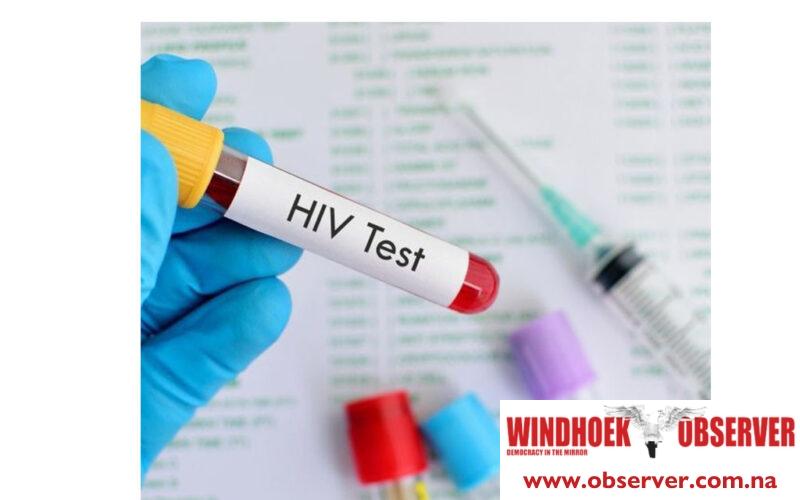Niël Terblanché
Policymakers, clinicians, researchers, and development partners from across Africa have converged at Windhoek for the 19th International Conference on HIV Treatment, Pathogenesis, and Prevention Research in Resource-Limited Settings (INTEREST 2025).
The weeklong gathering aims to advance HIV treatment and prevention efforts in some of the continent’s most underserved communities.
Prime Minister Elijah Ngurare said during the official opening of the event that Namibia is committed to combatting HIV and strengthening the country’s health systems.
Ngurare commended both national and international efforts to curb the spread of HIV and added that the conference is another call to action that resonates across borders, disciplines, and communities.
He said Namibia is honoured to host the gathering and noted the country’s achievements, including being recognised by the World Health Organisation with a Bronze Tier Award for reducing mother-to-child transmission of HIV to below 5%.
“By 2022, only 4% of babies born to HIV-positive mothers contracted the virus,” he said.
According to Ngurare, Namibia also became the first country globally to receive a Silver Tier designation for its work in eliminating mother-to-child transmission of hepatitis B.
He attributed this achievement to two decades of dedicated work, which included the integration of services for HIV, hepatitis B, and syphilis into maternal and child health care.
Ngurare also warned against complacency.
“We are not blind to the challenges that remain. Behind every statistic is a life, a family, and a future. Progress is not a destination but a journey,” he said.
He called for the deployment of nimbler policies and toolkits to target the remaining gaps and ensure that research and innovation reach marginalised communities disproportionately affected by HIV.
Ngurare said that the government’s approach includes integrating HIV services within the broader health system, with a focus on maternal and child health, co-morbidities, and mental health.
He stated that universal health coverage is a national priority and that Namibia’s strategic health plans are aligned with broader development frameworks such as Vision 2030.
“Let us ensure that the knowledge we generate during this conference reaches the frontline healthcare providers, in clinics, in the communities, and in the hearts of those we serve,” he said.
The Minister of Health and Social Services, Dr Esperance Luvindao, who also addressed delegates, reiterated Namibia’s vision of building an accessible, integrated, and equitable health system.
“We aim to provide services that are timely, evidence-based, and of the highest quality, ensuring that every individual receives care that is centred around their needs and circumstances,” she said.
Luvindao added that Namibia had made commendable progress towards the UNAIDS95-95 targets.
“Namibia has achieved 93% of people living with HIV knowing their status, 95% of those on treatment, and 98% of those treated being virally suppressed,” she said.
She acknowledged that gaps remain and that innovative approaches would be necessary to close them.
The minister also stressed the importance of partnerships, scientific collaboration, and locally led solutions.




